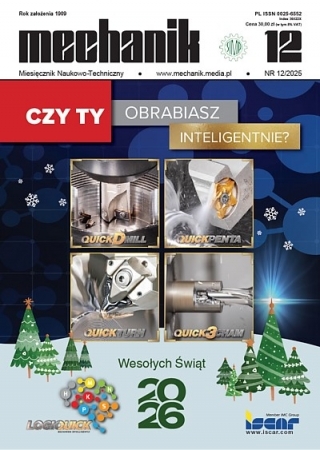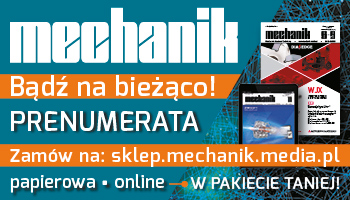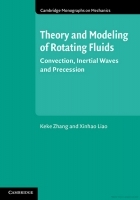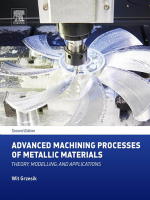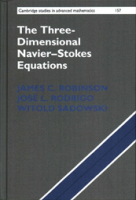Comparative analysis of selected parameters of thin-walled samples produced using FFF/FDM 3D printing technology
Analiza porównawcza wybranych parametrów próbek cienkościennych wytworzonych w technologii druku 3D FFF/FDM *
Author: Mateusz Musiałek
Mechanik nr 12/2024 - Druk 3D
ABSTRACT: The article presents a comparative analysis of specimens produced using FFF/FDM 3D printing technology. The specimens were designed according to ISO 868. The hardness of the specimens was measured, and accuracy as well as the mass of selected colors were measured. The PLA material was chosen due to its wide application and popularity. The dimensional accuracy of the specimens was assessed. The nominal values are considered as a reference for determining the percentage accuracy for each specimens. The data obtained from this study can help to identify the optimal configurations that guide the production of components using filaments through printing.
KEYWORDS: 3D printing, PLA, thin-walled components, hardness
STRESZCZENIE: W artykule przedstawiono analizę porównawczą próbek wyprodukowanych w technologii druku 3D FFF/FDM. Próbki zaprojektowano zgodnie z normą ISO 868. Zmierzono twardość próbek i wykonano pomiary dokładności oraz pomiar masy wybranych kolorów. Materiał PLA został wybrany ze względu na bardzo szerokie zastosowanie i popularność. Oceniono dokładność wymiarową próbek. Wartości nominalne są uważane za odniesienie do określenia procentowej dokładności każdej próbki. Dane uzyskane z tego badania mogą pomóc zidentyfikować optymalne konfiguracje, które determinują produkcję komponentów z użyciem filamentów poprzez drukowanie.
SŁOWA KLUCZOWE: druk 3D, PLA, elementy cienkościenne, twardość
BIBLIOGRAFIA / BIBLIOGRAPHY:
[1] Bochnia J., Kozior T., Hajnys J. “3D Printing of Thin-Walled Models – State-of-Art”. MM Science Journal. 5 (2024), https://doi.org/10.17973/MMSJ.2024_11_2024097.
[2] Roppolo I., Caprioli M., Pirri C., Magdassi S. “3D Printing of Self‐Healing Materials”. Advanced Materials. 36, 9 (2023), https://doi.org/10.1002/adma.202305537.
[3] Bochnia J., Kozior T., Blasiak M. “The mechanical properties of thin-walled specimens printed from a bronze-flled PLA-based composite flament using fused deposition modelling”. Materials. 16, 8 (2023): 3241, https://doi.org/10.3390/ma16083241.
[4] Anketa Jandyal, Ikshita Chaturvedi, Ishika Wazir, Ankush Raina, et all. “3D printing – A review of processes, materials and applications in industry 4.0”. Sustainable Operations and Computers. 3, 43 (2022): 33–42, https://doi.org/10.1016/j.susoc.2021.09.004.
[5] Boschetto A., Bottini L. “Design for manufacturing of surfaces to improve accuracy in Fused Deposition Modeling”. Robotics and Computer-Integrated Manufacturing. 37 (2016): 103–114, https://doi.org/10.1016/j.rcim.2015.07.005.
[6] Liacouras P.C., Huo E., Mitsouras D. “3D Printing Technologies and Materials”. In: Rybicki, F.J., Morris, J.M., Grant, G.T. (eds) “3D Printing at Hospitals and Medical Centers”. Springer, Cham (2024). https://doi.org/10.1007/978-3-031-42851-7_4.
[7] https://static.igem.org/mediawiki/2015/3/37/CamJIC-Okular-Materiały.pdf (access: 30.10.2024).
DOI: https://doi.org/10.17814/mechanik.2024.12.24
* Artykuł recenzowany



